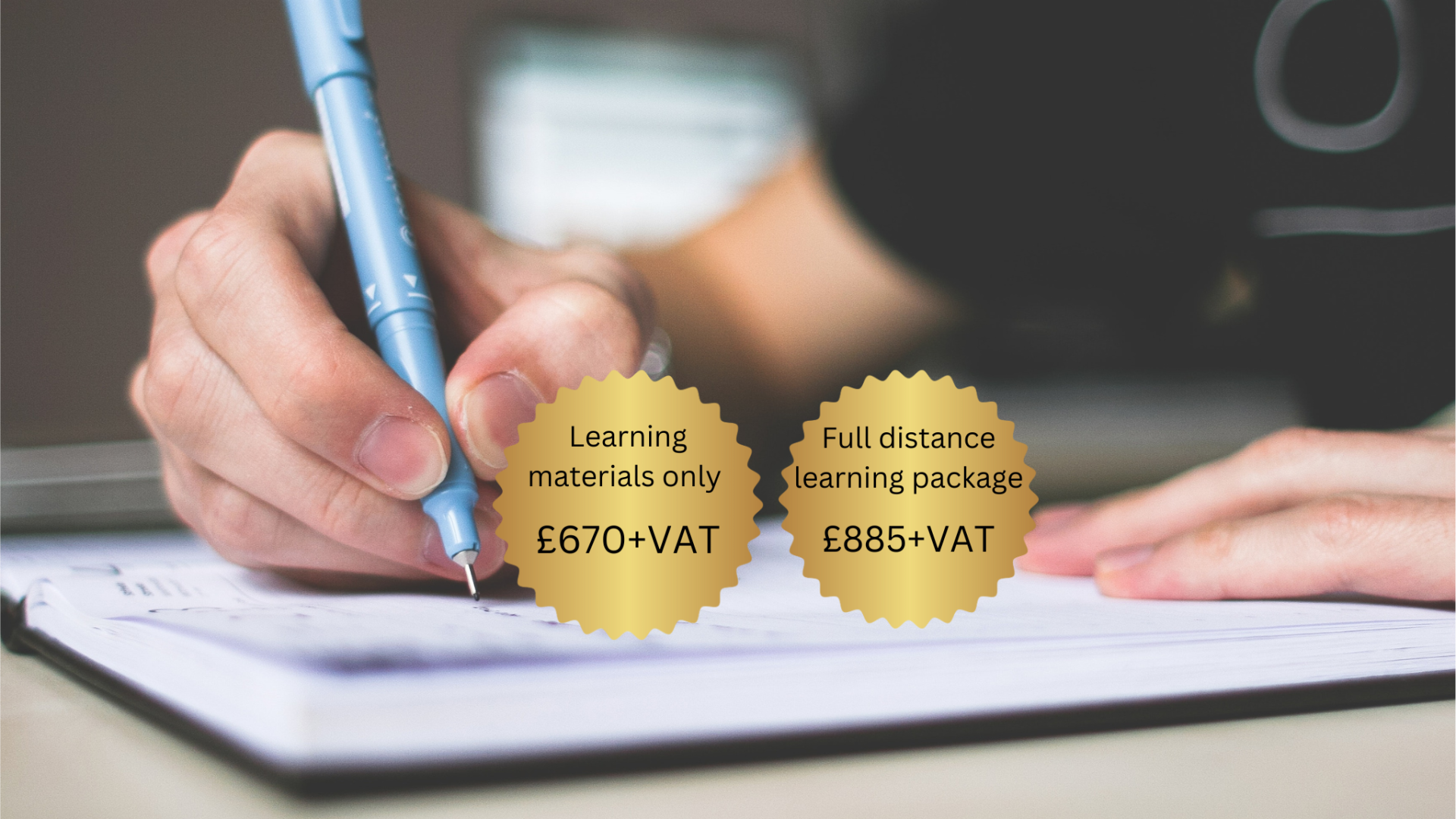The National Qualification in Journalism (NQJ) is an ideal way for junior journalists to demonstrate to employers that they have reached an advanced level of professional competence.
Once enrolled on the course you will receive access to the e-learning site, where you will be able to access your multimedia learning materials, join learner forums and access tutor support if applicable.
The qualification is assessed by an e-logbook of work completed on the job, as well as exams in media law and ethics, and practical skills.
Pathways
There is flexibility for candidates and employers to choose a pathway relevant to their skills and the area of the media they’re working in.
Currently, there is a news pathway for print, online and broadcast journalists and a production pathway for production journalists. There are also discrete pathways for community news reporters, local democracy reporters and journalists working in specialist brand (magazine) publishing.
Additional pathways tailored for different journalists’ roles may also be developed including sports journalism and for journalists working in PR and communications.
Eligibility
Many candidates begin their NQJ training when they take up their first job, after gaining the Diploma in Journalism at industry ‘gold standard’ (grades A-C in all subjects plus 100 words per minute shorthand, if applicable).
Other candidates may join the programme with no previous journalistic training. Typically, they will be graduates, but will not necessarily have studied journalism as part of their degree. In this case, they will need to gain the essential journalism skills at diploma level before moving on to the more advanced NQJ.
Candidates must have at least 18 months’ experience working as a paid journalist (this may be reduced to 12 months in some circumstances) before taking the exams.
Employers may also set their own standard requirements. For example, journalists working in the regional press need to have the ‘gold standard’ Diploma in Journalism including court reporting, public affairs and 100wpm shorthand. Results for media law, court reporting and public affairs cannot be more than five years old.
If you would like to discuss your eligibility to register for the NQJ, please contact us. We will assess each individual candidate, validate any prior learning and determine your eligibility to begin working towards the NQJ.
Costs
We offer two distance learning options:
- Learning materials only – £670+VAT
Includes access to the e-learning study materials and NCTJ tutor support.
Ideal for journalists who have access to employer-led NQJ training
- Full distance learning package – £885+VAT
Includes access to the e-learning study materials, NCTJ tutor support and an exam preparation workshop.
Ideal for freelance journalists or those without access to in-house training schemes
Please note exam fees are separate.
Book your tutor support via this link: Tutor support booking form


